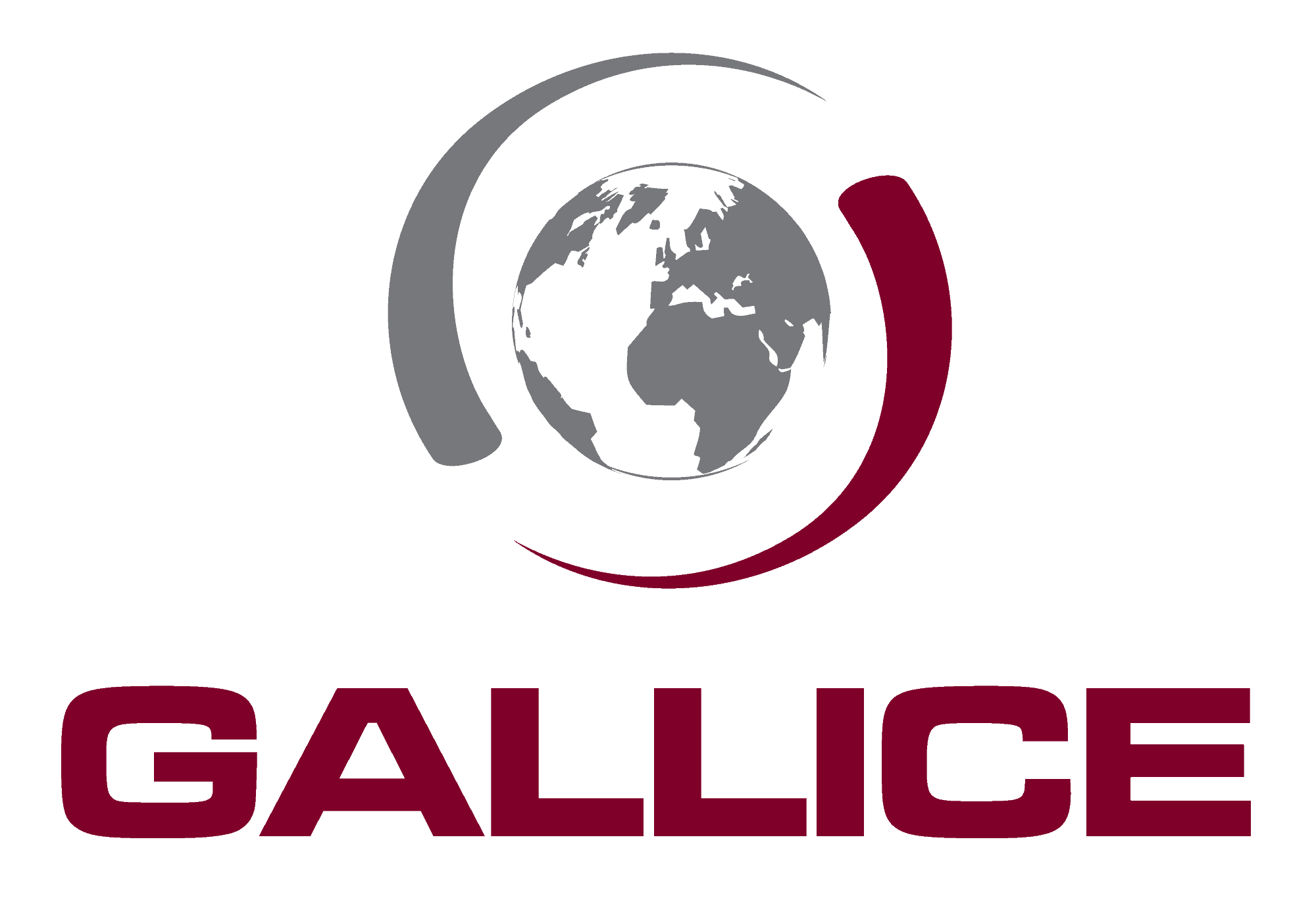KENYA
In 2025, Kenya maintains relative political and economic stability, but remains exposed to regional threats and domestic tensions. President William Ruto governs amid growing social pressure linked to inflation, youth unemployment, and a rising cost of living.
Tensions are visible in Nairobi and Mombasa, where anti-government protests took place in 2024 and early 2025, sometimes accompanied by violent clashes with police. The political opposition accuses the government of authoritarianism and clientelism.
Terrorism remains a threat, mainly from Al-Shabaab, the Somali Islamist group. Attacks have occurred in Mandera, Garissa, and Lamu counties. The border region with Somalia is considered dangerous and largely militarised.
The security situation in Nairobi and other cities is better, but urban crime is rising: muggings, armed robberies, and scams are common, especially in poorly lit or isolated areas. Pickpocketing and burglary affect tourists in coastal towns.
The country is also vulnerable to climate risks, including floods and droughts, which impact agricultural livelihoods and food security. In 2024, floods displaced thousands and damaged critical infrastructure.
Despite this, Kenya remains a key regional hub, with good infrastructure, a dynamic economy, and a growing tourism sector. For travellers, it is essential to avoid high-risk areas (border regions, informal settlements), use secure transport, and consult local advice regularly.
